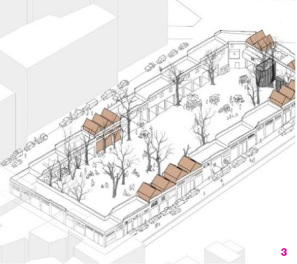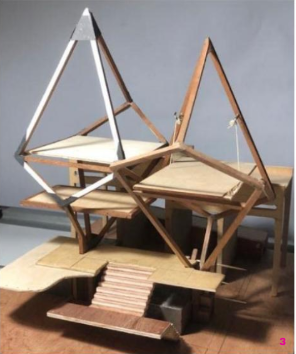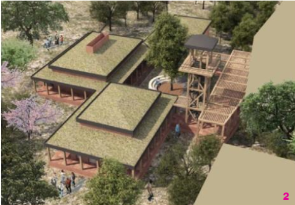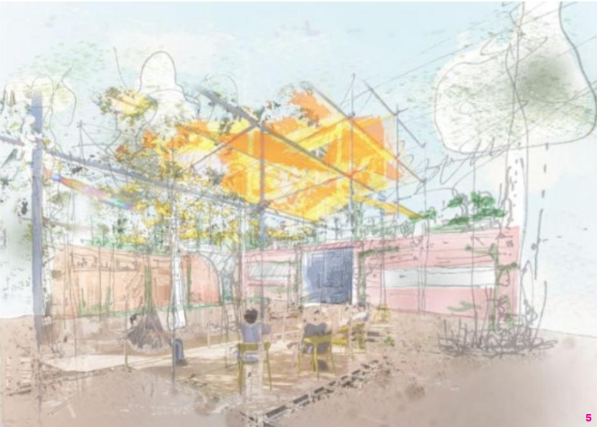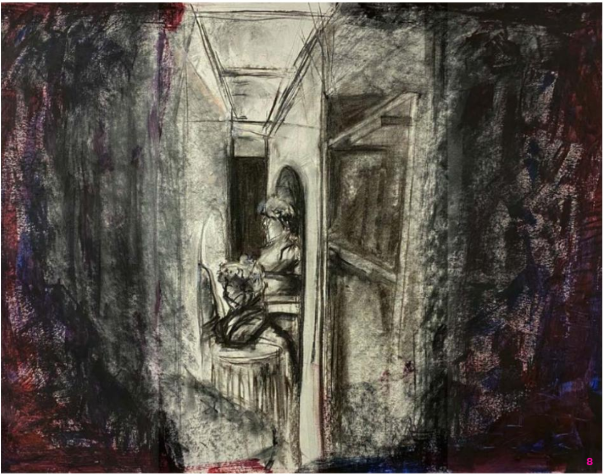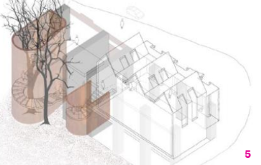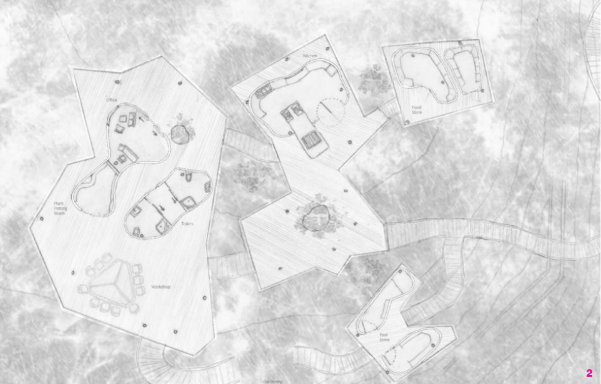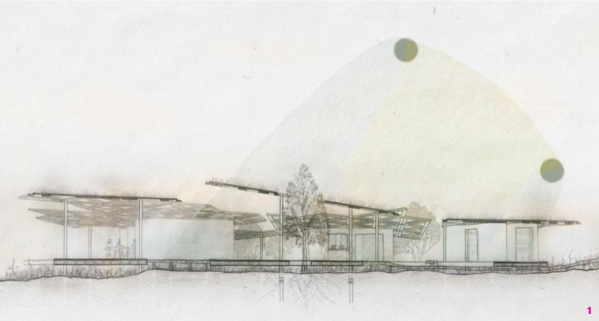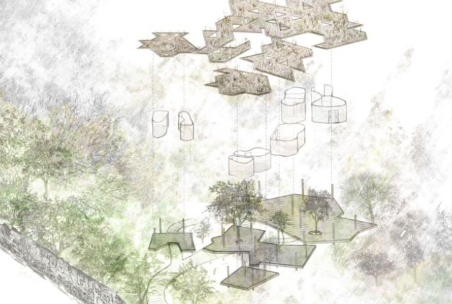Diploma Unit E
+ Unit Brief
The unit developed a framework within which to study architecture based on the creative tension between a personal architectural plan and a given site.
Preoccupation with environmental and social issues concerning highly-charged urban contexts encouraged the development of an intellectual platform through which to explore the year's projects.
The unit's discussion focused on developing an architectural proposal and urban strategy for a site in Thessaloniki, Greece.
The starting point of the discussion was the recession and the Green policy of the Mayor of Thessaloniki, Mr. Zervas, who aimed to bring a 'green agenda' to Thessaloniki by 2020, an ambitious but mature set of interventions to make the city more modern, friendly and sustainable. The environment determines the quality of life, the daily functioning, the citizens' performance and attractiveness of a city.
The initial idea was to create a synergy between the Mayor's intentions and those of humanitarian groups like Pervolarides, a diverse community run by volunteers since 2013, to grow and develop initiatives that support an increasing number of people. These people are struggling to survive and meet their basic needs and experience socioeconomic exclusion because of loss of income, homelessness or because they are classified as refugees and migrants. This is the sad reality of the crisis Greece has been experiencing in the last decade.
In an environment where market economies regulate and degrade daily life and interpersonal relationships, Pervolarides came together to form a community that generates an alternative paradigm of solidarity and social cooperation. They create a model of inclusion through social synergies and collective actions that reflect the needs of the community today and the society they dream of for their children. This is based on food and the relations that are formed throughout the food cycle.
During our visit to Thessaloniki, the students met with the client who formulated their requirements. This was used as the core of the design brief. The client was extremely happy with the suggested sites, "The Old Mercado" and "The Allatini Mill". Unfortunately, despite his interest in implementing a green policy, the Mayor declined our meeting and presentation.
+ Unit Members
Tutors: Michele Roelofsma, Alex Scott-Whitby.
Student Participants:
Y3: Oliver Brown, Hannah Cornelius, Hannah Sullivan, YingYing-Amy Zhuang, Thomas Dulieu, Dylan Cutting
Y2: Nazia Begum, Kiana Shokrani Chaharsoghi, Busthana Odayapurath, Mateusz Sass, Amy-Chloe Leeshue-Booth, Amna Zaidi, Ahmed Abuelmeaza, Delrick Adikari, Riyad Hossain, Maria Zegheru, Florentina-Nadina Ivanescu, Mourtada Baboukari, Georgina Hoggins, Izaak Sallows, Aya Nasr, Pavlos Giannopoulos, Georgios Kastanidis, Ezichiebuka Ewurum.
Special thanks to:
Pervolarides of Thessaloniki Team; Filipos Polatsidis, Georgios Balatsos, Martin Teymori. AKMI - Architecture Team; Dr Athanasiadou Elena, Dr Chourmouziadou Pepi, Mr Charistos, Dr Kotsoglou, Mr Charistos Vassilis, Dr Kotsoglou Anastoris, Charlotte Harris, Juan D'ornellas, Charles Brown Cole, Owen Hopkins - Soane Museum, Kalikratis Eulogimenos, Yasar Shah, Nick Franklin.

